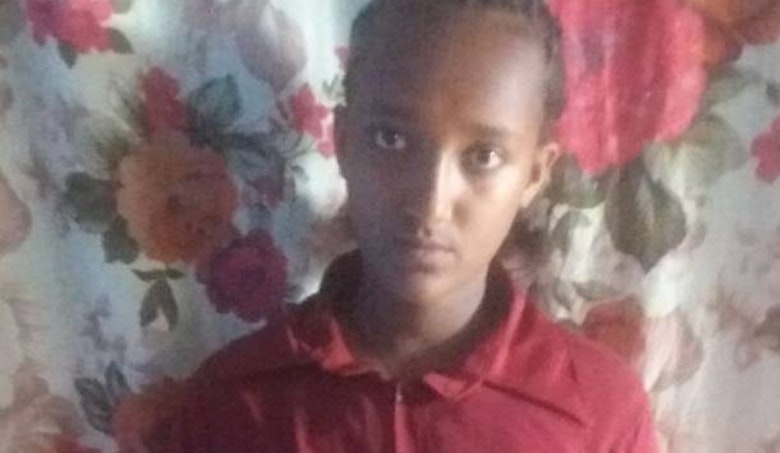Empowered to access justice through local structures
When 14 year old Woynshet from Ethiopia found out that her parents were planning to marry her off, she at first got very angry. She told her father that she was refusing this marriage. But he would not hear anything of it. In their community, it is the belief that you create strong bonds with another family through marriage. Woynshet was to be married to the first born son of a family in a more stable economic position. This was considered a great opportunity for her, since she would be getting a better life.
Poor background
Up till then, Woynshet’s family had struggled financially. Her father is a small-scale farmer cultivating vegetables. Her mother has to hire herself as a casual farmhand to earn some extra coins. Even Woynshet is expected to contribute to the family income, on top of doing most household chores. Still the girl manages to attend school and work on her future.
“I lost my hope and dream”
A future that got a different outlook when her father announced her marriage. As Woynshet narrates: “I became nervous when my father told me they are organising marriage for me. I started to cry since my sorrow was very heavy, I lost my hope and dream. I was nagging them that it is beyond my interest and aspiration. Yet they tried to convince me that it is for the benefit of myself.”
Harmful traditional practice
Under Ethiopian law, child marriage is illegal. However, it is still widely practised in the country, especially in traditional, rural communities. Families hold onto it, not only to secure their daughter’s future, but also to avoid the shame of the girl becoming sexually active before marriage.
Empowerment
Through the girl’s club of her school, Woynshet had participated in various peer education sessions under the Girls Advocacy Alliance programme. This boosted her self-esteem and she knew what to do. She reported her father’s intentions with the principal and the girls’ club of her school. They called him for a meeting. In the discussion, Woynshet’s father admitted he was wrong and agreed to cancel the marriage.
Anti-HTP committee
Nothing changed however, and her father continued with the wedding preparations. Woynshet raised the issue again within her school. This time, the principal went higher up in the local justice system. He involved the area’s anti-HTP committee, a local community policing body. This finally convinced Woynshet’s father to stop with his plans.
Focus on education
Woynshet’s parents have become very supportive of her education, and encourage her all the time. “I am no longer at risk of marriage or any interference against my choice. I am free from any threat that hinders me from attending my education.” Woynshet regularly tells her story in the school club. “I am sharing my experiences with other girls so that they can develop the courage to protect themselves from any harm. I will also provide information of any suspicion of child marriage to the school club.“

